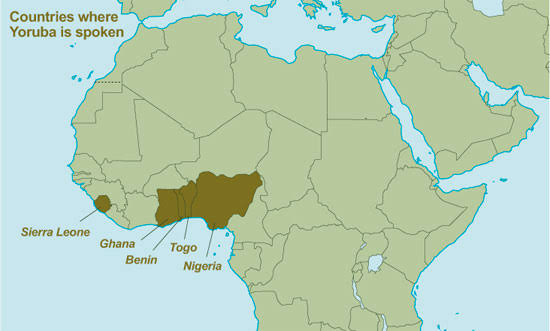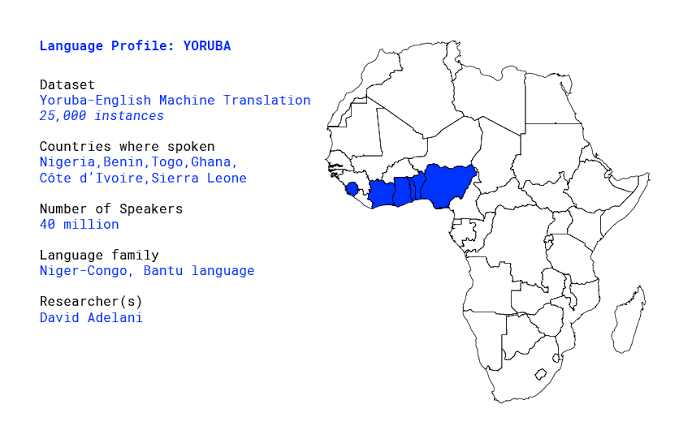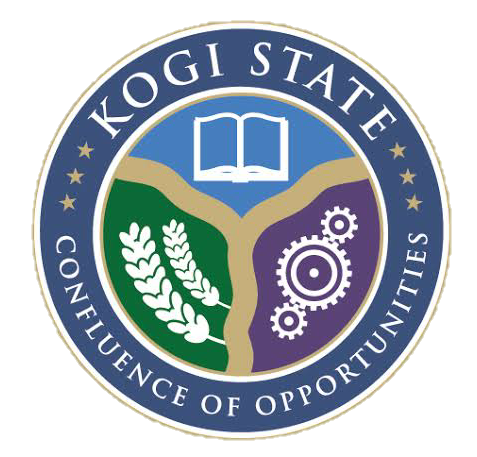The Kabba Language
The indigenous tongue of the third largest tribe in Kogi State, Okun, is the language of the Kabba people and it is referred to as “Owe”. Owe dialect is a subdivision of the Okun language; which itself is a division of the Yoruba language.

As a result, you will find that the Kabba population has a general, and at times, deep understanding of the Yoruba language and can speak it effortlessly. This association with the Yoruba language also means that an average Yoruba man can understand (to some extent) the Owe dialect if keen interest is allotted to it.
However, this originality is fading away because civilisation and chronic mashing with the Yoruba language have distorted the Owe dialect in some ways. It is even more worrying because very few indigenes of Kabba communicate in the indigenous owe dialect these days. What we have now is a dangerous concussion of Owe and general Yoruba dialects.

Below is a list of traditional household items and their indigenous names in Owe dialect;
- Salt: Oun
- Spoon: Ìyanję
- Big spoon: ípøn
- Shea butter: Èkùmę
- Cup: Ìlemù or Ikere
- Cutlass: Abęri, Ògòdøn, Øløtęrę
- Water pot: àmù
- Pot: Isa
- Slippers: Ęda
- Broken mud pot: spade
- Knife: Uhin or Ihindo
Just as much as the entirety of the dialect, the aspect of salutations has not been unaffected by the spirals of the mixing and dilution mentioned earlier, including coexisting with other cultures.

Below are some of the fundamental greetings and other familiar words in typically owe dialect;
- Good morning : Kouro
- Good afternoon : Køhøn
- Good evening : Kurølę
- Goodnight : Odoorø
- Well done : Kigba
- Welcome : Kabø
- Thank you : seun/kuwømi
- Till then : Odokorin
- How are you : Are wø
- Where to? : Kayada? Or Kawęre?
- Mother : Iye or mønø
- Come and eat : A jęun
- What did you say? : Kwa hø?
- Yes : eh or Bę kø
- Sorry : Okun (it is nonetheless noteworthy that the word “okun” is a common greeting and can be used in several varying circumstancesr ways).
- Go : rè/arè
- Leave : høko
- Get up : kalę
- Sleep : hun
- Jump : tø
As it is in Yoruba Culture, It is a popular thing for people to affix the “è” prefix to some of the phrases or statements mentioned above when they are used to refer to older people.

This is however inaccurate because the actual Kabba dialect, Owe, does not enforce such reverence in speech but the culture does in deeds.
Kabba Dishes and Cuisine
No culture can be termed ‘unique’ if its people do not enjoy a unique list of dishes for different purposes and occasions. Therefore, the Kabba people, like every other, have some special delicacies and meals peculiar to them.
These meals were passed down from the early settlers of the Kabba land and are still relevant to date; though some are not popular. The list of the common dishes is endless, here are some of the mouth-watering meals:

- Ajiere: This is a very common and tasty treat among Kabba people and it is prepared with beans. The Beans are steamed and sieved dry and then fried with palm oil; adding salt to taste.
- Akara papa: This exquisite dish is prepared by grinding Guinea corn with water to form a pasty substance. The resultant paste is then fried in palm oil after being moulded with bare hands.
- Popolo: This is a kind of beans cake but it is fried with palm kernel oil.
Other local delicacies are Akara gbado, didin kolo, bobolo, tankelekan and many more.
Even though it is widely assumed, by tribal allotment, that the people of Kabba are not distinct from the Yoruba people, their cultural language and food opinionate originality and assortment.
